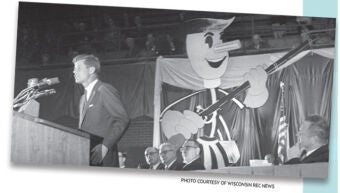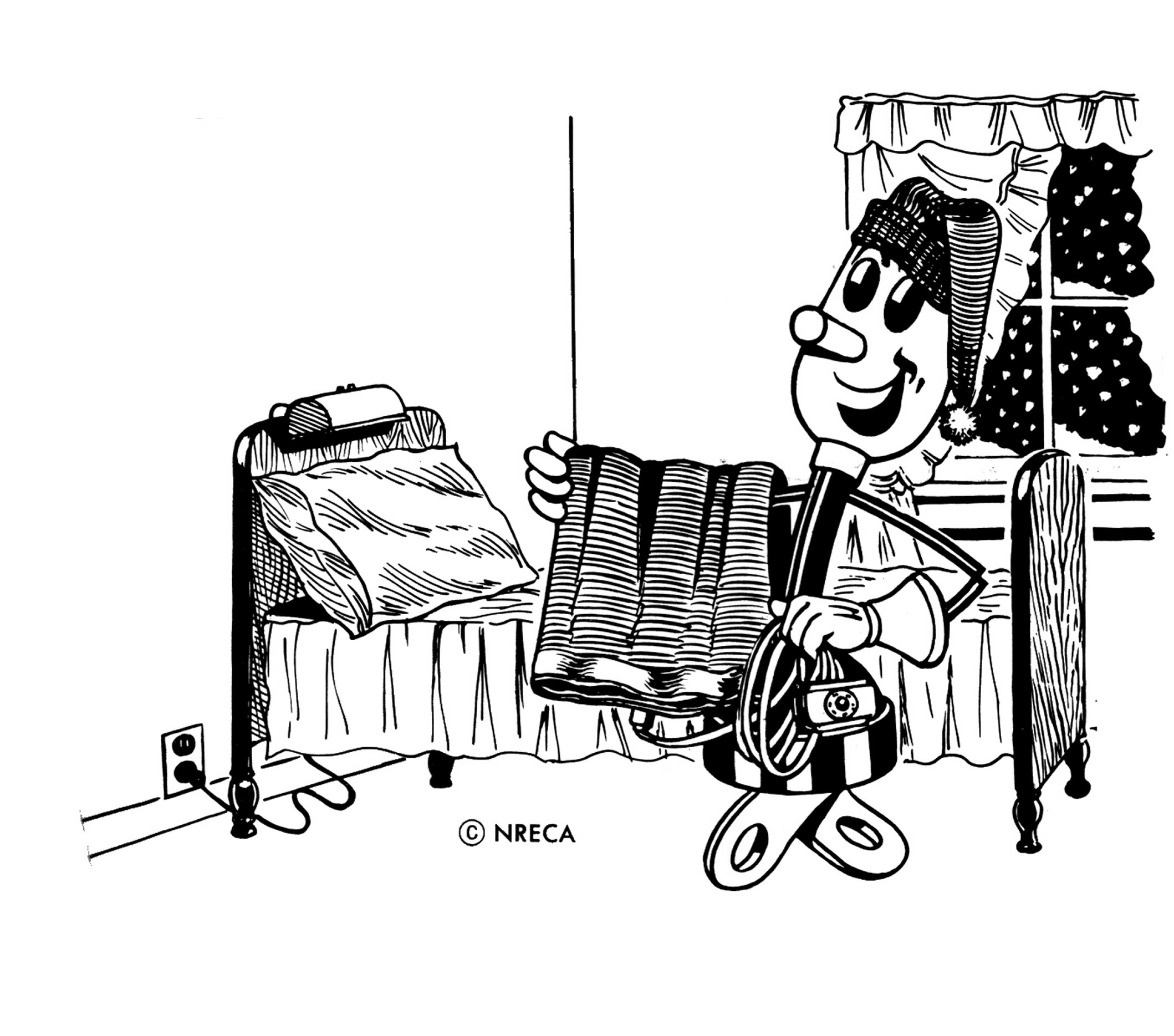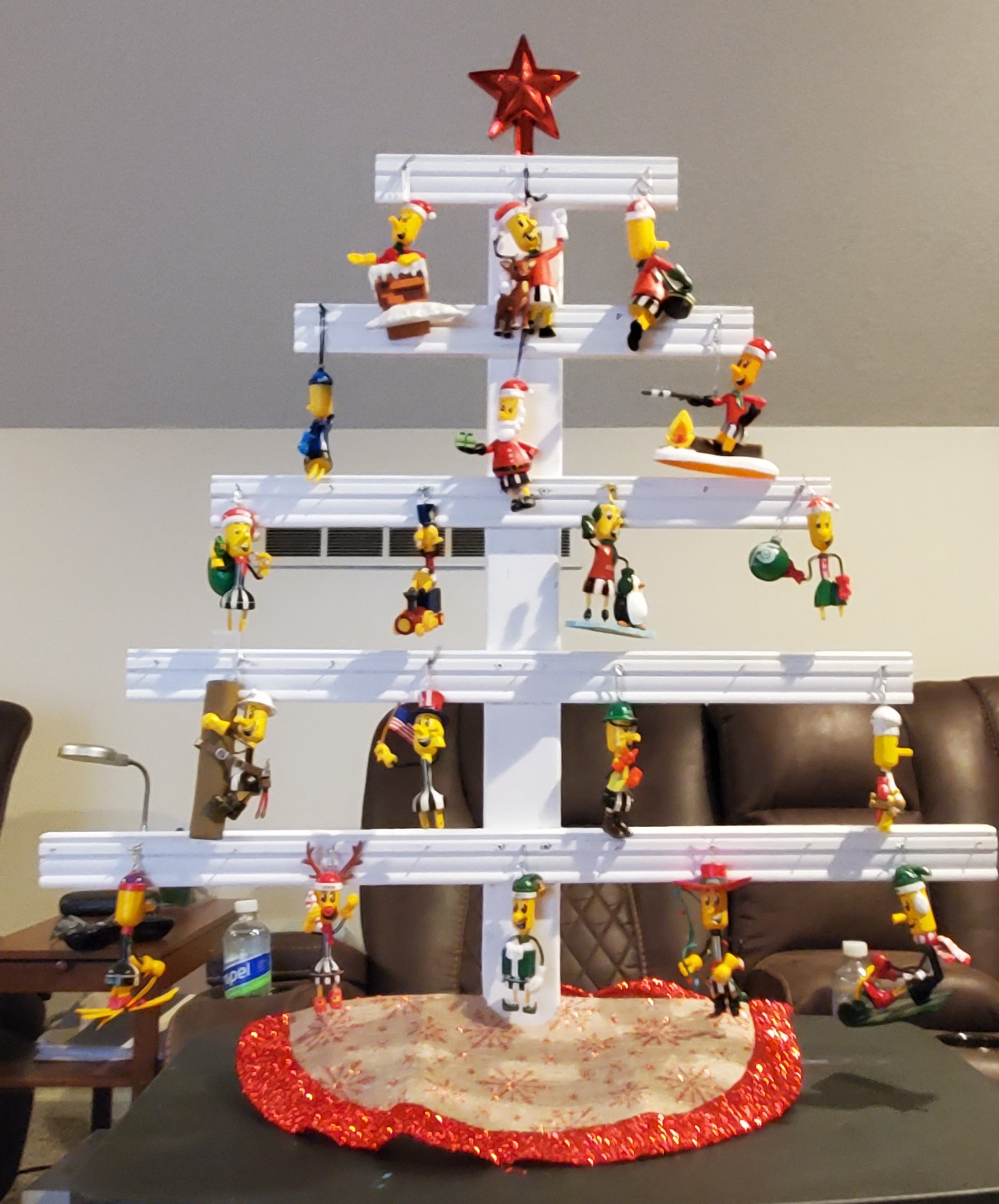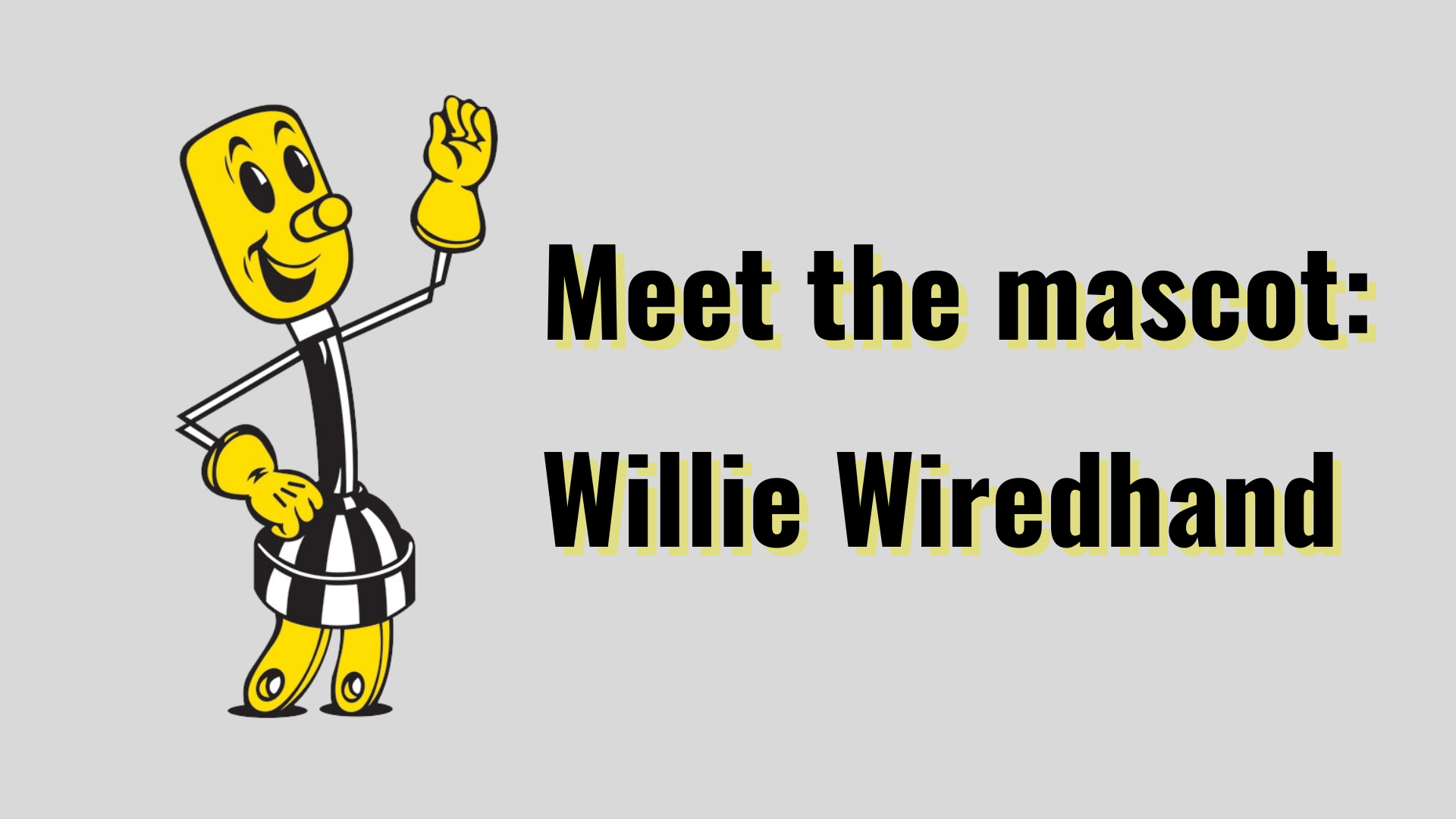Not many workers are still on the job at nearly 75 years young, but Willie Wiredhand isn't your ordinary employee. Willie is the longtime mascot of America's Rural Electric Cooperatives, and he's been working hard for us since 1950. Willie's official 'birthday' is October 30, the next-to-the-last day of National Co-op Month.
To celebrate Willie's service, we're going to look back at his birth, his life, and some highlights of his time with our national, state, and local cooperatives.
A mascot is born
 The nation's first electric cooperatives were established in 1936, the same year that the Rural Electrification Authority began offering rural electric cooperative loans. In just a short few years, there were hundreds of cooperatives across the country. By the mid 1940s, cooperatives were working together under the newly formed National Rural Electric Cooperative Association.
The nation's first electric cooperatives were established in 1936, the same year that the Rural Electrification Authority began offering rural electric cooperative loans. In just a short few years, there were hundreds of cooperatives across the country. By the mid 1940s, cooperatives were working together under the newly formed National Rural Electric Cooperative Association.
NRECA decided that co-ops needed someone to be the face of rural electricity. In 1950, Willie Wiredhand was created by freelance artist Andrew "Drew" McLay to fill that role. He was born on October 30, 1950, and by 1951 he was selected by NRECA's membership to be the official mascot of cooperatives nationwide.
A new symbol of cooperative culture
Everything about Willie was symbolic of rural electricity. He was small and wiry, a hard-working, friendly icon with a big, determined smile. One magazine story describes Willie as, "the friendly and inspirational golden boy who symbolizes dependable, local, consumer-owned electricity."
His bottom and legs are an electrical plug, and his body is made of wires. His head is a light socket, and nose was a push button. Even Willie's last name "Wirehand" is symbolic of the cooperative history because the electricity that was brought to rural America by cooperatives in the 1930s and 1940s was "the never-tiring, always available hired hand to help the nation's farmers."
Willie's early years 
Willie's work ethic didn't disappoint; he quickly became a household name. His face appeared on lightbulbs, he represented member-owners in Washington, D.C., and he even stood on stage with Sen. John F. Kennedy, dressed as a colonial minuteman for a campaign called "Minutemen for Rural Electrification" that leveraged volunteers to engage with lawmakers on legislation that impacted rural cooperatives.
During the 1960s and 70s, Willie promoted electric heat in rural homes, and he was featured in two comic books:
Cousin Johnny Discovers Power in Rural America and It's Annual Meeting Time for the Davis Family.
Unfortunately, though, by the end of the 1970s, many spokes-characters - Willie included - waned in public popularity. For the rest of the 1970s and into the mid-1980s, Willie was seen less frequently in cooperative marketing and publications.
Willie gradually regained traction with some cooperatives across the country, and by the early 2000s, his presence was making a comeback.
Willie at PPEC
Locally, several PPEC employees have their own collection of Willies from the past and present, including the popular Christmas ornament series and bobbleheads. Operations Manager Tim Bowley has a full tree of Willie ornaments, which includes his wife's grandfather's collection. Tim is following in the footsteps of this grandfather, who retired as a lineman for an Indiana cooperative and has almost every Willie-themed Christmas ornament ever produced. Director of Marketing and Communications Samantha Kuhn's collection includes a wide variety of items members have donated over the years.
One of PPEC's last publicly visible Willie images was proudly displayed on our Columbus Grove warehouse sign for many years. In 2022, we gave the building a fresh look, replacing the sign and updating the facility.
This sparked a local comeback campaign. Willie started appearing in internal publications and activities for employees, and in 2023, while updating our fleet's logo to a more consistent look, we added Willie to all our vehicles. While waving a friendly hello to passing motorists, he reminds us of our cooperative's rich history.
Do you have Willie gear? We will gladly accept donations or photos to build our archive. Contact Eric Herman at 419-399-1868 or email eherman@ppec.coop.






